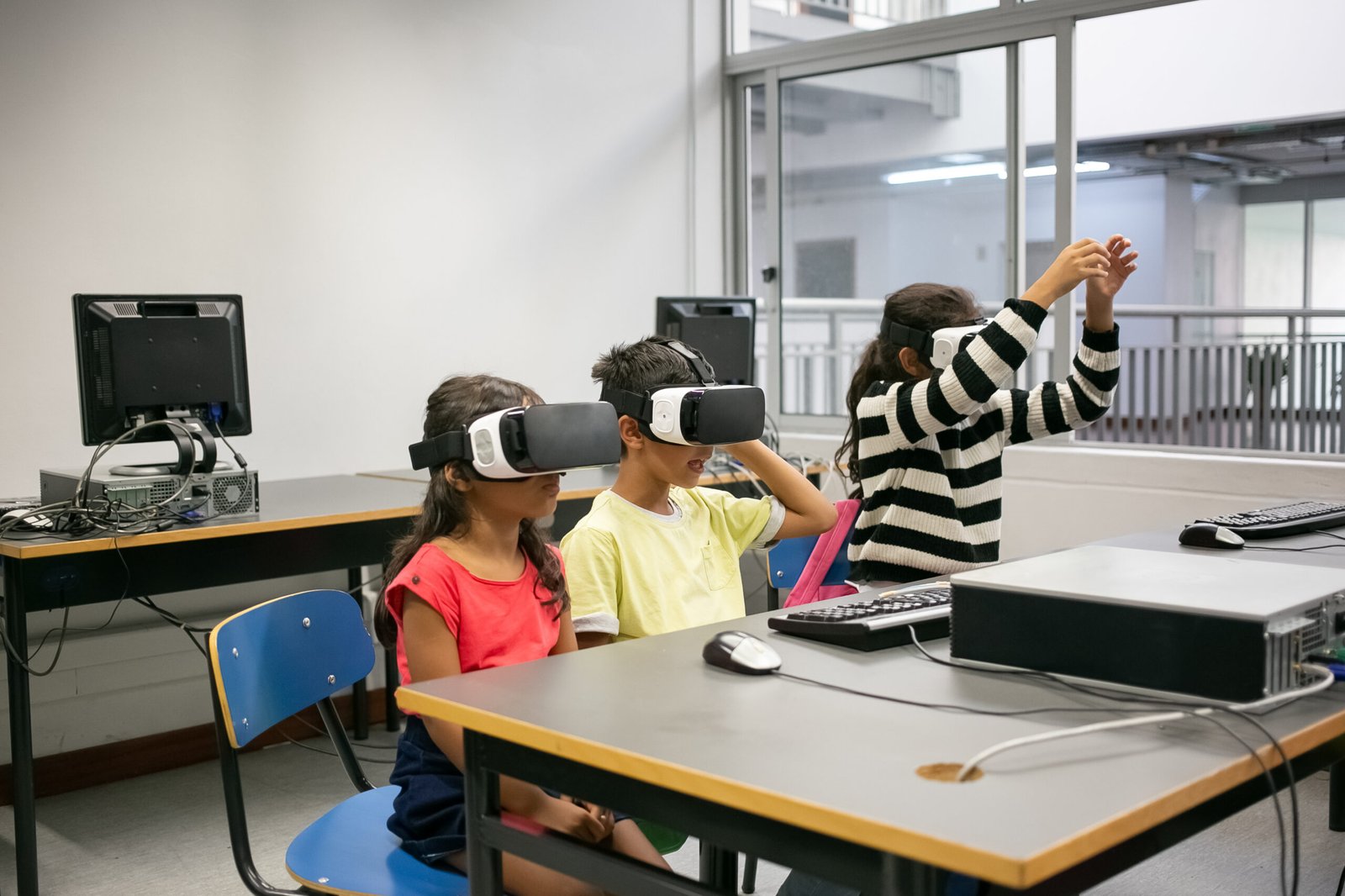Is This the Key to Unlocking Breakthrough Education Research?
Is This the Key to Unlocking Breakthrough Education Research?
I’m delighted to introduce an occasional new feature, “Straight Talk with Rick
and Jal,” which I’ll be penning with my friend, Harvard University’s
inimitable Jal Mehta (author of books like The Allure of Order and In Search
of Deeper Learning). The idea was sparked by our shared sense that, in
education, vague buzzwords, happy-dappy constructs, and intimidating jargon
can too often stand in for careful thought or rigorous design. We’ve both been
frustrated when we see sensible intuitions used to justify ham-handed mandates
or dubious programs.
Now, we come at all this in different ways. Jal tends to see
things through the lens of practice while I tend to think in terms of policy.
And one place where Jal and I often part ways is how to address our concerns.
I’m often inclined to just roll back programs and mandates and tell the
consultants, hucksters, and buzzword artists to knock it off. Jal is
marginally more optimistic, especially if we can appreciate context, respect
on-the-ground expertise, and avoid the temptation of one-size-fits-all
solutions.
Movement-Oriented SEL Might Just Improve Student
Learning (Opinion)
In other words, while we’re both skeptics, our
skepticism plays out differently—both in terms of the policy/practice divide
and across the left/right ideological divide. So, we’ll be coming at things
from different places. I’m hoping that readers might find the exercise useful,
and even refreshing.
With that, I want to offer a couple of
thoughts on one current enthusiasm in the world of education research—the
“DARPA for Education” included in the $1.7 trillion omnibus bill that Congress
recently passed. The long-discussed idea is modeled on the Department of
Defense’s famed Defense Advanced Research Projects Agency (DARPA), which has
used a dynamic, fluid model to help birth innovations ranging from the
internet to GPS to stealth technology. Well, Congress has delivered to the
Institute of Education Sciences (IES) a chunk of money (an unspecified portion
of $40 million) to foster “quick-turnaround, high-reward” learning
solutions.
I have mixed feelings. On the one hand, I think DARPA is
a national treasure, absolutely favor more nimble education research, and
would love to see us actually start to understand which tutoring approaches
deliver and how schools might make real use of virtual reality. On the other
hand, I worry that just calling something DARPA doesn’t make it DARPA. I worry
that IES is too bureaucratic, education too suffused with an odd admixture of
top-heavy evaluation contractors and ideologically-motivated
scholar-activists, and the infrastructure and expertise aren’t there to
meaningfully emulate DARPA.
Jal: Glad to join you here, Rick. When
I was a kid and realized that Santa couldn’t hit every house on earth in one
night, my next thought was that Santa must operate in a kind of federated
structure. My parents called the Baltimore City Santa Claus Department, told
them what I wanted, they delivered it late the evening of Christmas Eve, and
my parents put it under the tree. So while I’m as averse to bad bureaucracy as
the next guy, my goal here is less to tear things down, and more to think
about whether there might be better ways to replace it.
For today’s
topic, DARPA-Ed is supposed to be the replacement for some of the problems
with past education research and development—not oriented enough towards
practice; not interdisciplinary enough; too much of a disconnect between
researchers, NGOs, and for-profit companies who might have larger reach to
achieve greater scale. So, my first instinct is to say that we should give it
a chance.
At the same time, before we start, we should think
through the ways that education differs from defense. As Dave Snowden and Mary
Boone point out, physical engineering is complicated; human beings are
complex, meaning that they don’t follow simple cause and effect laws as
physical science does. We have learned over and over again that context
matters, that relationships matter, and that repertoires of ways to handle
problems is better than one-size-fits-all solutions. Rick, is there a way we
might organize DARPA-Ed that might take into account those features rather
than repeating the mistakes of the techno-optimists of the past?
Rick:
Love the Santa Claus story. I don’t think you’d ever told me that. Seems like
you’ve got an outline of a great Magic School Bus episode. But that’s a whole
other topic. As for DARPA-Ed, I like the question—but fear you’ve just doubled
my concerns. I was already unsure whether education has a critical mass of the
skill and will to do this. Now you’ve got me wondering whether the model
itself translates.
After all, DARPA may be great at addressing
technical design challenges. But DARPA isn’t expected to weigh in on how to
best compensate military personnel, what constitutes an equitable allocation
of military funds, or how to train unit leaders. Now, if DARPA-Ed were to
focus on designing more effective tutoring technologies or tech-enabled
phonics programs, I could see the analog. But that doesn’t seem to be what a
lot of the proponents are promising.
Rather, it seems likely that DARPA-Ed will become a fancy label
for some faster-paced research on instructional strategies, dropout
prevention, teacher training, or whatnot. More research on all of that could
certainly be useful. But I wouldn’t expect it to bring big change to education
research or practice. Heck, I’m not convinced that those saying this could
transform education research really have a clear vision of what it would take
for that to be the case.
Jal: Yes. I think that if that’s what it
became, that wouldn’t be a great use of the dollars. The things that DARPA is
best known for—GPS and the internet itself—are not immediate solutions to
military problems. They are underlying infrastructure that took a long time to
build and ended up having many different applications. Education research,
particularly federally funded education research, already tends to focus on
the short-term priorities that are hot in the policy environment. So if
DARPA-Ed could resist that pull and look into some longer-term questions, I
think that could be constructive.
On my list would be: How can we
assess education beyond basic literacy and numeracy? How can artificial
intelligence assist in helping education become more differentiated and
responsive to individual needs and concerns? How could we build worldwide
communities of educators interested in working together on fairly specific
questions, like how best to teach Shakespeare or foster perspective-taking in
their students? For any of these questions, I would begin with the assumption
that there wasn’t going to be one answer to be implemented with fidelity by
teachers. Instead, we want to nurture an ecosystem, build infrastructure,
offer tools, and create opportunities for wise educators to do their best
work.
Will this happen? We will see. But I think we both agree that
a new name and a fancy analogue is no substitute for careful thinking about
what it takes to make progress in the complex and very human world of
education.
Share this content:






Post Comment